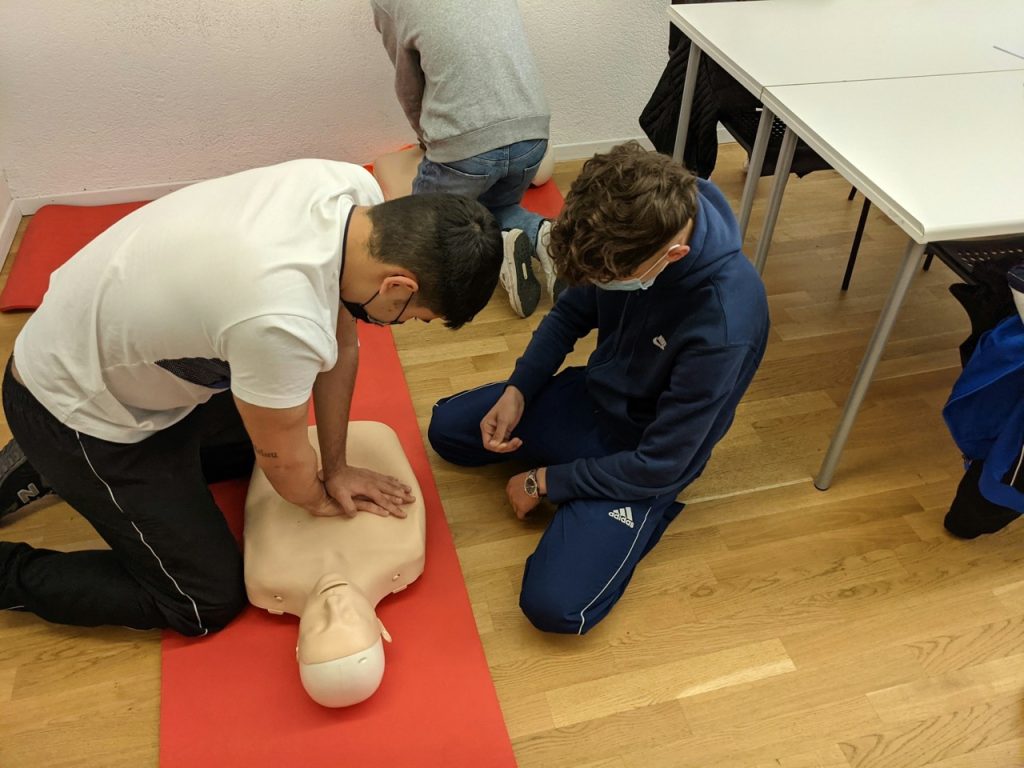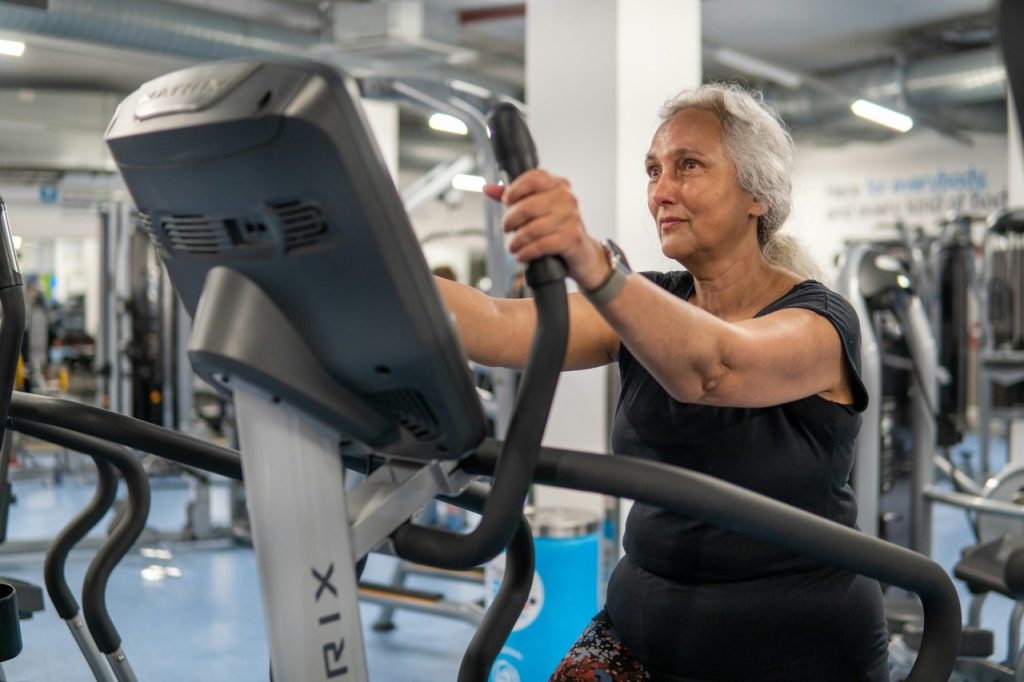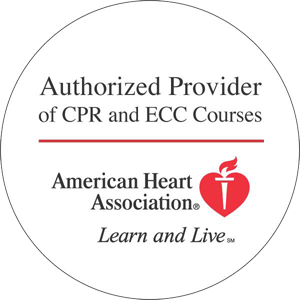Choosing to become a CNA is one of the most rewarding jobs you can do in the medical industry. As a certified nursing assistant, you get up close and personal with vulnerable patients to help them with daily tasks to enhance their way of life. This often includes children, older adults, people with certain medical conditions, and others who need a little more help with their daily tasks.
While a career as a CNA is extremely rewarding, it’s also hard to understand what comes with the job if you’ve never experienced it yourself. So, what’s a day in the life of a CNA like? What should you hope to expect in this rewarding career? Keep reading to learn what a CNA is, what a typical day looks like, determine whether you should become a CNA, and learn how to become a CNA.

What Is a CNA?
A certified nursing assistant (CNA) is someone who works in healthcare to provide care and assistance to patients in hospitals, clinics, assisted living homes, nursing homes, and other medical facilities. They work alongside nurses as a personal assistant of sorts, to handle the little tasks that would easily become overwhelming for nurses and doctors on their own. Usually, getting your CNA certification and becoming a certified nursing assistant is one of the first jobs that you can take while working your way up in the healthcare field.
While doctors worry about diagnosing and prescribing treatments to patients, nurses manage care plans and administer medications while monitoring health and CNAs provide basic patient care like bathing, feeding, and assisting with daily activities. The level of education usually differs as well: doctors require a bachelor’s degree and medical school, RNs (nurses) require an associate’s or bachelor’s degree in nursing, and CNAs require a diploma and a short certification course.
What Does a Day in the Life of a CNA Look Like?
You can easily research to find out the day-to-day duties and job description for CNAs, but it’s hard to know exactly what goes into the job if you’ve never lived it. So, we’re going to go over the exact daily duties that you’d come to expect after getting your CNA license with a Red Cross certification course. We’ll cover your day from the time of your arrival down to your departure at the end of your shift.
Arrival: Beginning-of-Shift Tasks
At the beginning of your shift as a CNA, you’re essentially covering the brief of your “mission(s)” for the day. Typically, you’ll receive a report from the previous shift covering each patient’s conditions and needs for the day (or night). This report includes tasks done in the previous shift, what needs to be done in the new shift, it offers an assessment of the patient, and helps give you the information you need to start your day as a CNA.
Support: Companionship and Emotional Stability
As a CNA, you’re working 1:1 with numerous patients during a shift. From helping patients with their daily activities to monitoring their health and simply being a companion to becoming someone they trust. You offer your presence to patients as well as a source of emotional stability throughout the day. Oftentimes, being a CNA means that you’ll be helping people with their most intimate needs throughout the day, and a lot of trust is needed so they feel comfortable. On top of that, your emotional resilience and stability are always a must in healthcare.
Reporting: Vitals, Records, and Reporting
Multiple times throughout your shift, you’ll be reporting on your patients during each vital check, taking notes, and creating records of what you’ve done throughout the day or at night. These records are essential to the care and well-being of your patients and allow the next CNA to take over responsibilities during their shift without losing crucial information.
Assistance: Daily Activities
After receiving your patient reports, you’ll make your rounds to assess each patient and their needs. You’ll check vital signs (temperature, blood pressure, pulse, respiration rate, etc.), take care of hygiene (bathing, brushing hair and teeth, dressing, washing linens, etc.), help patients get out of or into beds and wheelchairs, ensure patients are drinking fluids and get refills, and fill out records as you progress.
Departure: End-of-Shift Tasks
At the end of your shift, daily duties and tasks need to be completed before handing off your patient to the next CNA. From updating final records to pass over to completing end-of-shift duties, you have some extra things to wind down your day. This may include cleaning up your work areas, completing any remaining tasks for your patients, doing a final round of vital checks, or updating your reports. Once everything is done, you hand off your reports and get the CNA taking over for the next shift the rundown on what was done and what’s still needed.
Should I Become a CNA?
If you are a compassionate individual with goals of helping others and want to make a positive impact in other people’s lives, becoming a CNA is one of the best careers you can start. In the role, you will help keep people safe, healthy, and happy by helping them with their day-to-day activities.
Some of the benefits of getting CNA training and becoming a certified nursing provider include:
-
- High job demand in the industry
-
- Making a positive impact
-
- Flexible work schedules
-
- Career advancement opportunities
-
- Variety in daily tasks
-
- And more
Related Blog: Why Should I Become a CNA
To answer the question, “Should I become a CNA,” ask yourself if your goals align with the daily duties within the job description and whether you would feel happy with that work. If you answered yes to those questions, becoming a CNA could be an extremely rewarding career move.
How Do I Become a CNA?
After seeing the day-to-day responsibilities of being a CNA and having a positive reaction to them, you might be wondering, “How do I become a CNA?” The easiest way to get your CNA license is to take the CNA training program and pass the exam. From there, you’re good to start applying at your favorite hospitals, nursing homes, assisted living locations, and other facilities.
Related Blog: How Long Does CNA Training Take?
If you’re wondering, Is there CNA training near me, HeartCert currently offers CNA training courses in several states across the country, including Minnesota, Iowa, and Georgia. If you’re ready to get your Red Cross CNA training to become a certified nursing assistant, our courses are one of the best ways to get started. To find and register for one of our state-certified classes, get started by clicking below.
HeartCert is your trusted training partner for CPR, ACLS, PALS, EMR, First Aid, CNA, IV, EKG and more, throughout the United States.
Courses include CPR/AED/First Aid, Basic Life Support (BLS), Advanced Cardiac Life Support (ACLS), Pediatric Advanced Life Support (PALS), Certified Nursing Assistant training, IV training, EKG training, babysitter basics and more. Courses and certifications from both the American Heart Association and American Red Cross are available.We offer virtual courses and certifications, in all 50 states as well as in-person classes at our headquarters, HeartCert CPR Eagan and major cities in Iowa, Illinois, Georgia, Michigan, Minnesota, Mississippi, Nebraska, Pennsylvania, Texas and Wisconsin.







